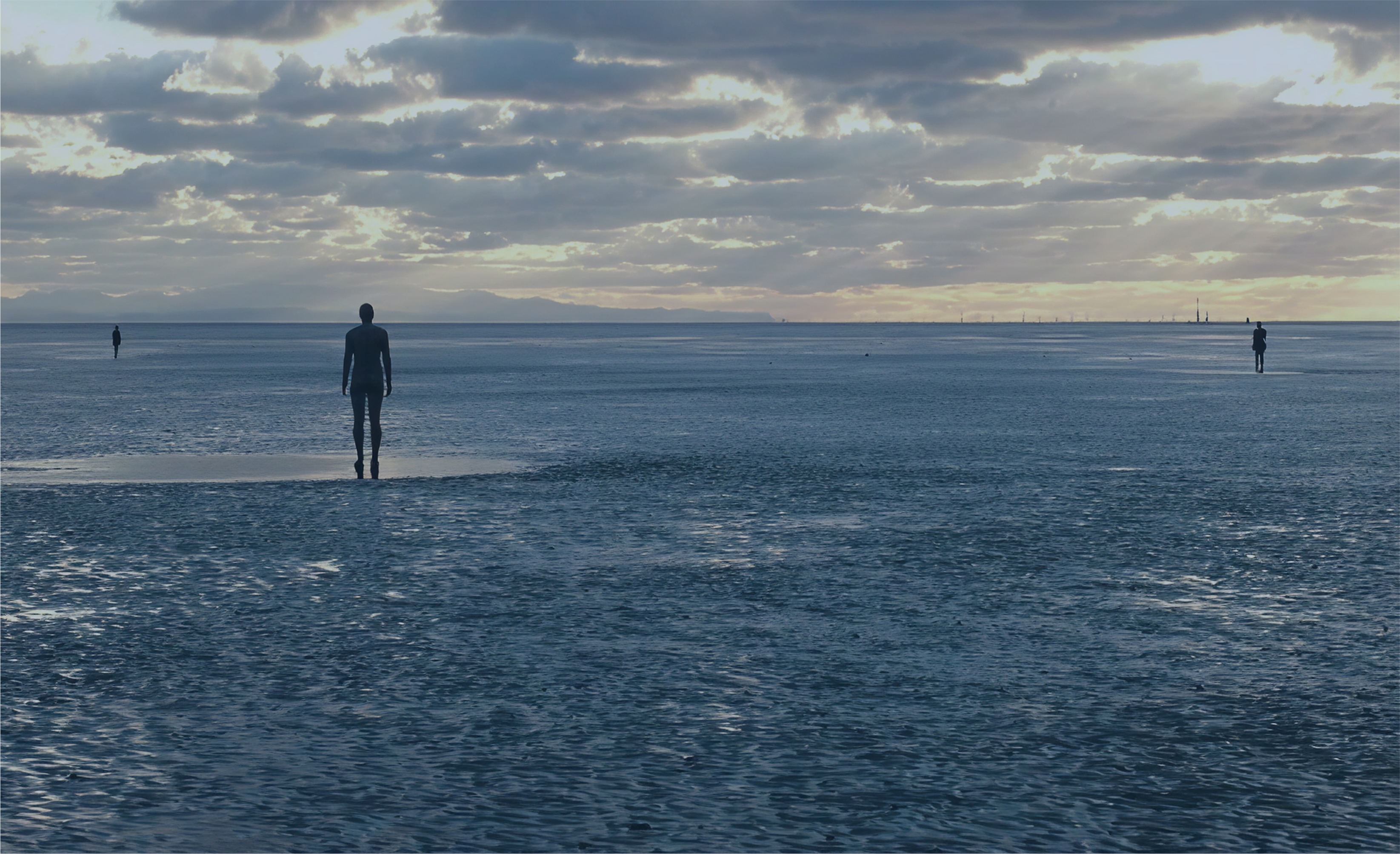
Which I was given because
I loved him and we had
Terrible times together.
O tarnished ticking time
Pierce me with your bent hand,
You must be used to being
Looked at very suddenly
In the middle of the night
When he switched the light on
Beside his bed. I hope
You told him the best time
When he lifted you up
To meet the Hilton gaze.
Theme
This month we’re thinking about friendship, ands how building meaningful bonds can make us better leaders. Having a friend with whom you can openly exchange ideas, advice, and even criticisms, leads to better thinking all around, so we’re looking at some poetry deeply indebted to two lives built on and from the ties of friendship.
Who?
W. S. Graham (1918-1986) is a little known poet. He was born by the shipyards of Greenock in Scotland, but spent much of his life in Cornwall, inhabiting various caravans and cottages along the dramatic coastlines around St Ives. For a man so much on the move, it was important to find close and reliable friends. Roger Hilton was once such friend. Hilton was a painter also living and working around St Ives, and, until his death in 1975, he and Graham were famous friends, drinking companions, and pen-pals (often writing each other dazzling letters in the dead of night).
What?
The poem above was written in the wake of Hilton’s death, and so takes the form of an elegy. From the title, we might first assume that ‘Lines’ refers to the lines of a poem. But upon closer inspection, we can also take this to mean the line – inscribed by time and use – that adorn the watch itself: the scratches and scuff-marks that life inevitably bestows on us.
A watch is an appropriate subject for an elegy, not only because it invokes the passage of time, but because this particular watch, we read, was a gift from Hilton to Graham: ‘Which I was given because | I loved him’. It therefore represents both the ‘Terrible times’ they had together (because watches mark time) and the reciprocity of true friendship. Only in such intimacy does ‘terrible’ come to mean ‘fantastic fun’.
You can listen to Graham reading his poem here.
What Else?
Elegy is an old form of poetry, and poets often write elegies for their friends. Famously, John Milton wrote ‘Lycidas’ for his university pal, Edward King, and Tennyson wrote In Memoriam for his close friend Arthur Hallam (it comes to a whopping 2916 lines!).
Graham’s poem for Hilton is less grandiose, and instead describes, with touching force, the smallnesses a friendship can have, felt in exchange of sentimental gifts. In fact, the poem is moving because it is simple. It resembles more of a casual conversation than a high-brow elegy, so that we can better imagine the relationship between the two men, meandering and offhand. And finally, we see that the poem subtly shifts and begins addressing the watch itself. Perhaps this is because, though Hilton has gone, the watch remains with Graham – a reminder that this kind of friendship never truly leaves you.
It teaches us to value friendships of all kinds, even if they’re sometimes difficult, and find connection in the objects, ideas, and words we exchange.



















.jpg)

































.png)

.png)



















.png)





























